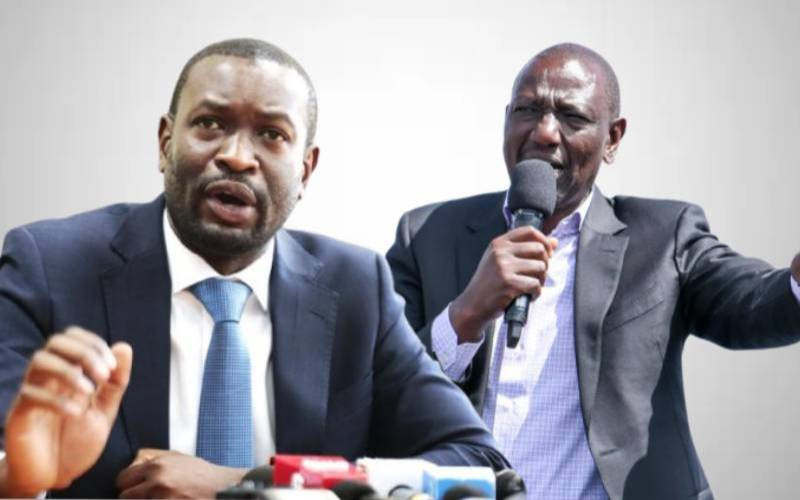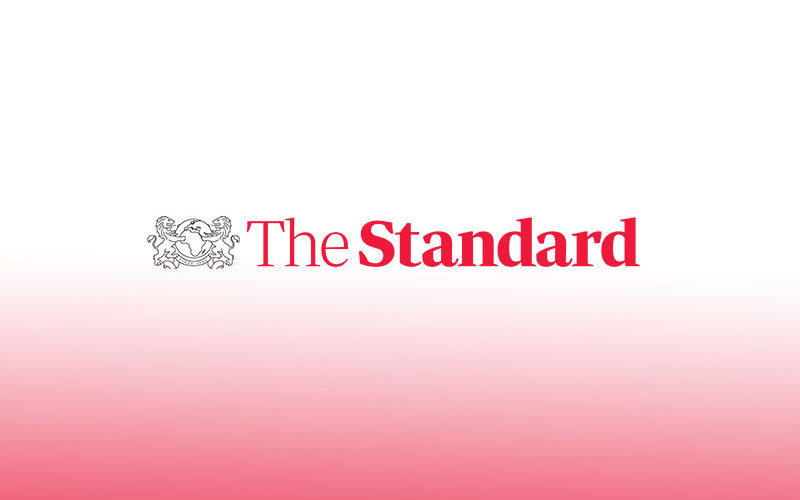57 percent of Kenyans believe the country is on the wrong track, with rising economic distress overshadowing perceived government achievements, a new survey has revealed.
The August 2025 survey, conducted across all eight regions, shows that economic pain at the household level is the defining issue shaping public sentiment. The polls reveals that more than half of respondents said the nation is “going in the wrong direction.
According to the report, both men and women across all demographics registered high levels of dissatisfaction, with Kenyans aged 36 to 55 years shows that atleast 58 to 61 percent, arguing that “the economy is going to the dogs.”
The high cost of living was cited as the number one reason for dissatisfaction by 66 percent of respondents, followed by unemployment at 30 percent and poor governance, particularly around the Social Health Insurance Fund (SHIF), at 30 percent.
“The government must prioritize delivering immediate, tangible economic relief to reverse the dominant mood of pessimism and rebuild public trust,” the report stated.
Nearly 70 percent of Kenyans rated the cost of living as “high” or “very high,” while 79 percent said it has worsened compared to last year.
The pain is felt most sharply by older citizens, with 56 percent of those aged 55 and above saying it is “very high.”
Across the regions, Nyanza (75 percent), North Eastern, Rift Valley, Central, Western, Eastern, and Nairobi (57 percent) reported severe cost-of-living pressures.
Taxes were identified as the single biggest driver of economic pain, with 40 percent of Kenyans blaming domestic fiscal policies.
Global factors such as fuel prices and supply chain disruptions were cited by 19 percent, corruption by 14 percent, and lack of employment opportunities by 6 percent.
While the high cost of living dominates nationally, unemployment was the top concern in Nairobi and the Coast. Between 32 and 44 percent of respondents in these regions cited joblessness as their biggest worry.
In Central, North Eastern, and Eastern, governance issues such as SHIF implementation challenges and corruption ranked highly, with many residents expressing anxiety about losing access to affordable healthcare and education.
The survey paints a picture of a country gripped by an escalating welfare crisis. Education costs, corruption, and healthcare anxieties all feature among the public’s top five concerns.
Corruption remains a significant issue, with 25 percent of respondents linking graft to their economic hardships. Poverty, insecurity, poor infrastructure, and stalled government projects also featured, though at lower levels.
The report indicates that, unless government policies bring immediate and visible relief particularly in stabilizing prices and addressing unemployment the prevailing sense of pessimism will persist.
Stay informed. Subscribe to our newsletter


















